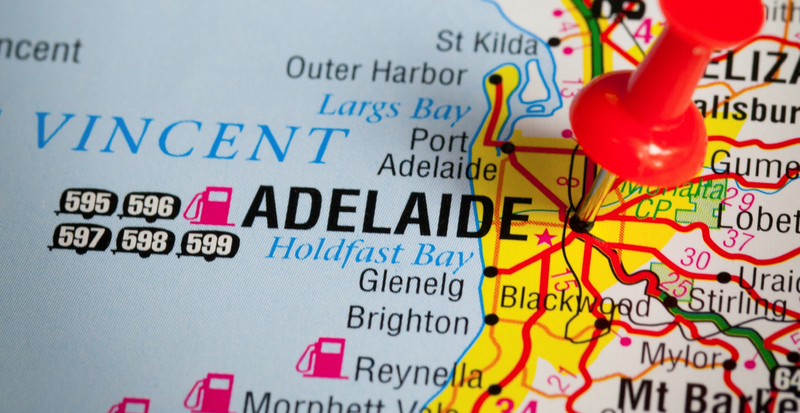South Australia aims to get ahead of the pack with on-road driverless car trials

(c)iStock.com/Craig Dingle
Swedish car manufacturer Volvo, alongside technology partners Telstra and Bosch, are set to run Australia’s first driverless vehicle demonstration trials in November.
The news was announced by the ARRB Group, Australia’s national independent road research agency and will utilise ARRB’s Australian Driverless Vehicle Initiative. The first Australian trials of automated vehicles will coincide with a driverless vehicle conference to be hosted by the state of South Australia on 5-6 November.
The organisations will “seek to understand what is required to make driverless technology appropriate for Australian roads and safe for road users.” The trials in South Australia – which legalised the use of driverless cars earlier this year – will be the first of many trials nationally. The ARRB Group claims these tests will put Australia on a par with the UK, the US and Sweden in automated vehicle research.
ARRB managing director Gerard Waldron commented: “The advent of driverless cars is an opportunity to foster technological innovation and revive Australia’s manufacturing industry – the South Australian government has been quick to recognise this.” Kevin McCann, managing director of Volvo Australia, added: “At Volvo we believe autonomous drive will lead to significant consumer and societal benefits, including improved traffic safety, improved fuel economy, reduced congestion, and the opportunity for improved infrastructure planning.
“We are delighted to be involved with the ARRB demonstration event in South Australia, where we believe Volvo Car Australia can make a positive and significant contribution,” he added.
Recent research however indicates that drivers are not prepared for driverless cars just yet. Two thirds (68%) of 505 US respondents in a University of Michigan study said they were either very or moderately concerned with riding in a completely self-driving vehicle, although the majority of respondents said they would prefer having a steering wheel and brakes if the car went wrong. A similar result arrived from a UK-centric study by Bobatoo; only a quarter of UK respondents described themselves as “excited” about driverless cars.
Volvo is currently working on developing swarm intelligence technology whereby driverless cars share data to ensure they keep a regulated position on the road. As far back as 2012 the auto manufacturer signed a Memorandum of Understanding with members of the CAR 2 CAR Communication Consortium in Europe regarding standards and shared expertise for communication between cars and roadside infrastructure.

Leave a comment
Alternatively
This will only be used to quickly provide signup information and will not allow us to post to your account or appear on your timeline.